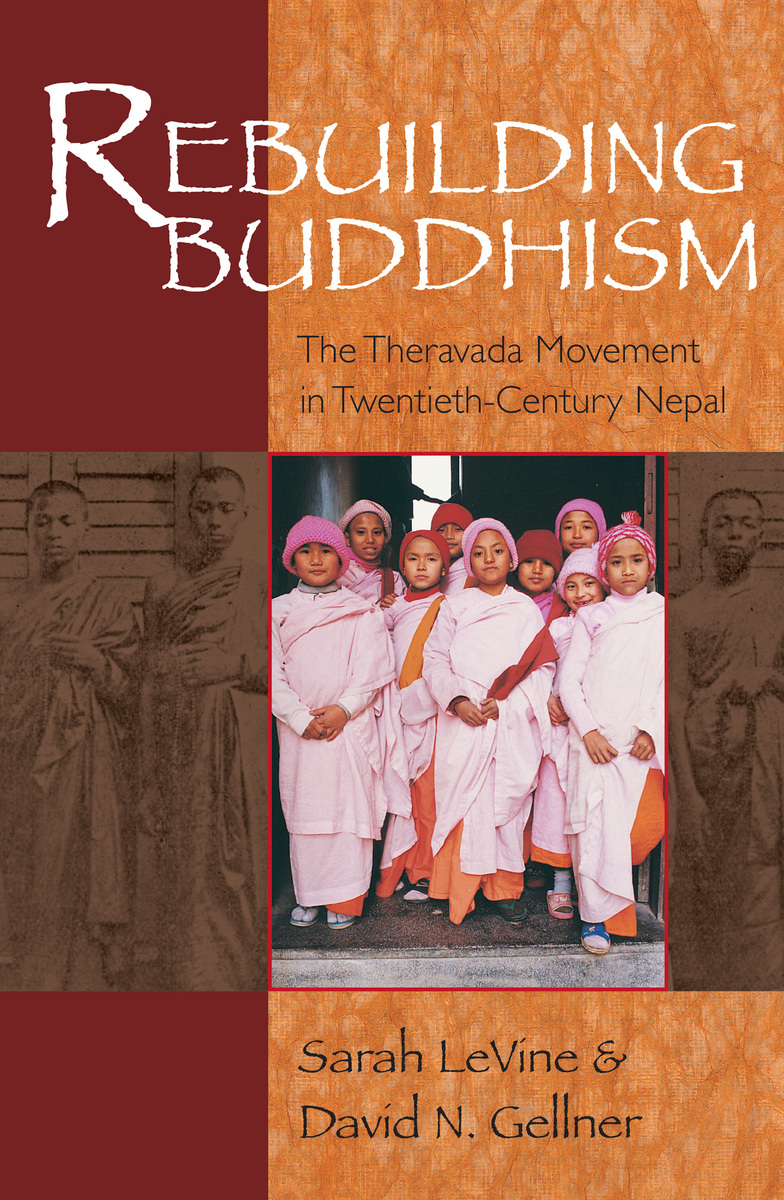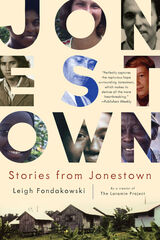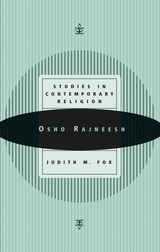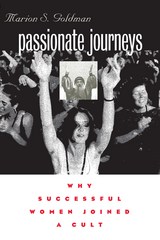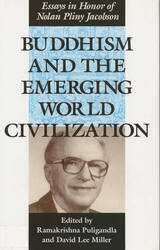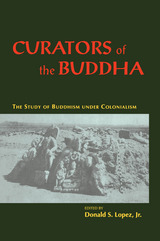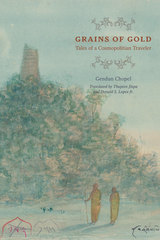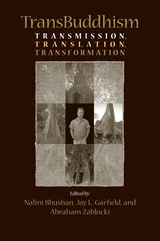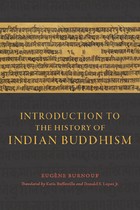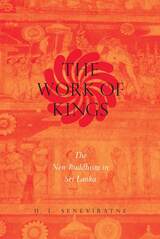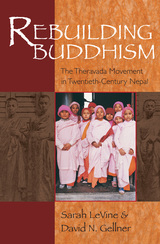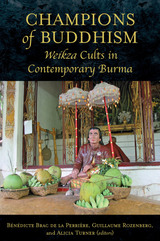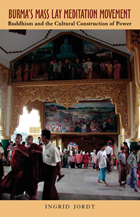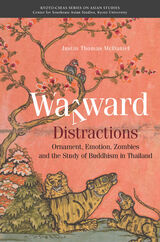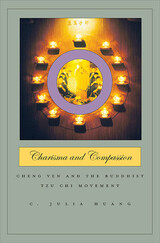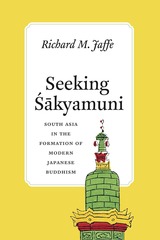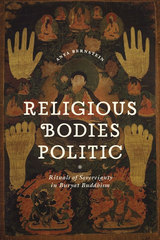Cloth: 978-0-674-01908-9 | Paper: 978-0-674-02554-7 | eISBN: 978-0-674-27475-4 (ePub) | eISBN: 978-0-674-04012-0 (PDF)
Library of Congress Classification BQ394.L48 2005
Dewey Decimal Classification 294.391095496
Rebuilding Buddhism describes in evocative detail the experiences and achievements of Nepalis who have adopted Theravada Buddhism. This form of Buddhism was introduced into Nepal from Burma and Sri Lanka in the 1930s, and its adherents have struggled for recognition and acceptance ever since. With its focus on the austere figure of the monk and the biography of the historical Buddha, and more recently with its emphasis on individualizing meditation and on gender equality, Theravada Buddhism contrasts sharply with the highly ritualized Tantric Buddhism traditionally practiced in the Kathmandu Valley.
Based on extensive fieldwork, interviews, and historical reconstruction, the book provides a rich portrait of the different ways of being a Nepali Buddhist over the past seventy years. At the same time it explores the impact of the Theravada movement and what its gradual success has meant for Buddhism, for society, and for men and women in Nepal.
See other books on: Buddhism | Buddhist | Explorers | Scholars | Victoria, 1837-1901
See other titles from Harvard University Press
